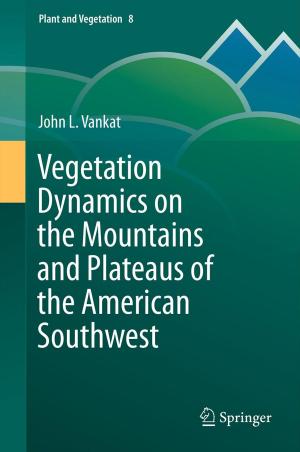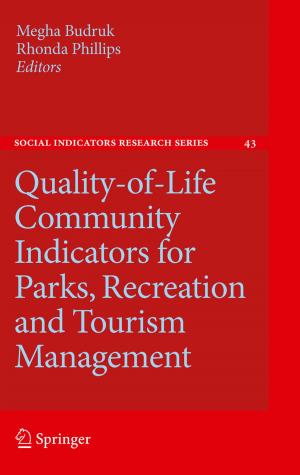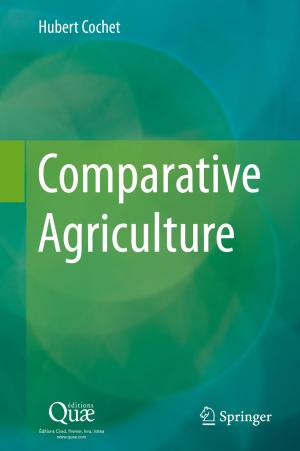The Arid Frontier
Interactive Management of Environment and Development
Nonfiction, Science & Nature, Technology, Environmental, Science, Earth Sciences, Geography| Author: | ISBN: | 9789401148887 | |
| Publisher: | Springer Netherlands | Publication: | December 6, 2012 |
| Imprint: | Springer | Language: | English |
| Author: | |
| ISBN: | 9789401148887 |
| Publisher: | Springer Netherlands |
| Publication: | December 6, 2012 |
| Imprint: | Springer |
| Language: | English |
The arid frontier has been a challenge for humanity from time immemorial. Drylands cover more than one-third of the global land surface, distributed over Africa, Asia, Australia, America and Southern Europe. Disasters may develop as a result of complex interactions between drought, desertification and society. Therefore, proactive planning and interactive management, including disaster-coping strategies, are essential in dealing with arid-frontier development.
This book presents a conceptual framework with case studies in dryland development and management. The option of a rational and ethical discourse for development that is beneficial for both the environment and society is emphasized, avoiding extreme environmentalism and human destructionism, combating both desertification and human livelihood insecurity. Such development has to be based on appropriate ethics, legislation, policy, proactive planning and interactive management. Excellent scholars address these issues, focusing on the principal interactions between people and dryland environments in terms of drought, food, land, water, renewable energy and housing.
Audience: This volume will be of great value to all those interested in Dryland Development and Management: professionals and policy-makers in governmental, international and non-governmental organizations (NGOs), as well as researchers, lecturers and students in Geography, Environmental Management, Regional Studies, Development Anthropology, Hazard and Disaster Management, Agriculture and Pastoralism, Land and Water Use, African Studies, and Renewable Energy Resources.
The arid frontier has been a challenge for humanity from time immemorial. Drylands cover more than one-third of the global land surface, distributed over Africa, Asia, Australia, America and Southern Europe. Disasters may develop as a result of complex interactions between drought, desertification and society. Therefore, proactive planning and interactive management, including disaster-coping strategies, are essential in dealing with arid-frontier development.
This book presents a conceptual framework with case studies in dryland development and management. The option of a rational and ethical discourse for development that is beneficial for both the environment and society is emphasized, avoiding extreme environmentalism and human destructionism, combating both desertification and human livelihood insecurity. Such development has to be based on appropriate ethics, legislation, policy, proactive planning and interactive management. Excellent scholars address these issues, focusing on the principal interactions between people and dryland environments in terms of drought, food, land, water, renewable energy and housing.
Audience: This volume will be of great value to all those interested in Dryland Development and Management: professionals and policy-makers in governmental, international and non-governmental organizations (NGOs), as well as researchers, lecturers and students in Geography, Environmental Management, Regional Studies, Development Anthropology, Hazard and Disaster Management, Agriculture and Pastoralism, Land and Water Use, African Studies, and Renewable Energy Resources.















